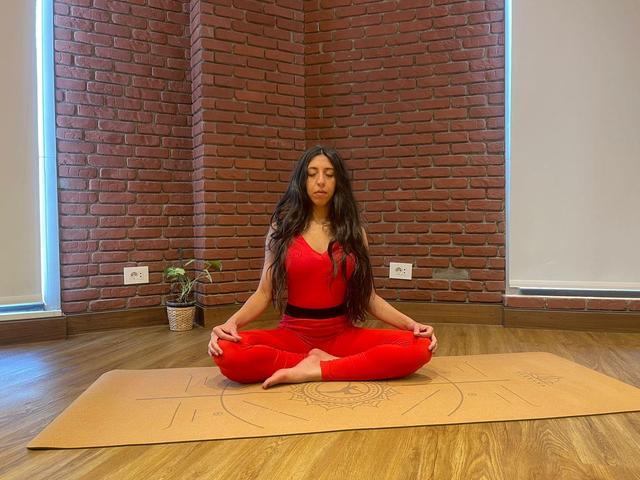Meditation For Acceptance
During the past few months, many of us have experienced an incredible volume of emotions in such a relatively short amount of time. Not unlike the stages of grief, we’ve gone through a process of shock, anger, and depression, along with plenty of uncertainty and anxiety thrown in there for good measure.
But there comes a point in all situations where we have to decide if we’re going to dwell on the past (pre-COVID) or accept the situation that we’re in and move forward. In moments like this – when we have very little control or choice – radical acceptance can be a transformative skill to utilize.
Acceptance allows us to be autonomous, because when we accept that situations are out of our control, we allow ourselves to cope and we free ourselves from the pressures of trying to resolve situations we cannot change. Coming to terms with reality helps us move on from uncontrollable situations and take charge of our future actions. In doing so, our mood regulates, our bodies de-stress, and we feel uplifted.
Acceptance involves letting go of the desire to protest and force change. Meditation can help recognize feelings in the present, learn to appreciate the moment, view experiences more compassionately, and consciously allow things to be as they are.
Meditation For Acceptance doesn’t have reviews yet.
Click the button below to leave the first one!
Dina Omar doesn’t have reviews yet.
Click the button below to leave the first one!
Be the first to post a message!

